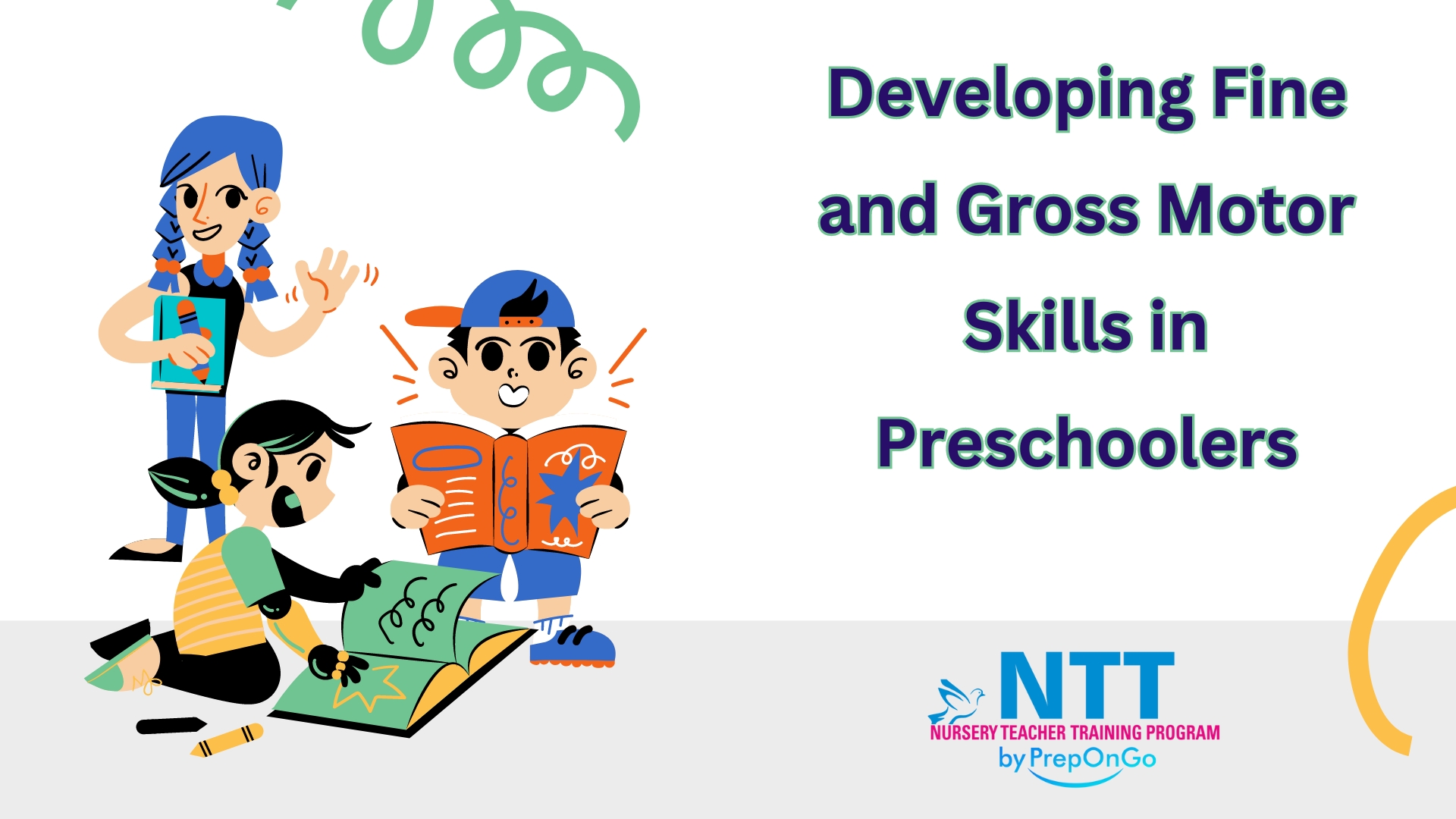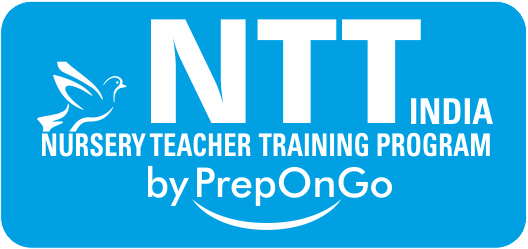Developing Fine and Gross Motor Skills in Preschoolers

Motor skills development is a crucial aspect of early childhood education. Fine and gross motor skills enable children to perform everyday activities and participate in play, which is essential for their physical, cognitive, and social growth. This article explores the importance of motor skills development in preschoolers and provides practical activities to help nurture these skills.
Understanding Fine and Gross Motor Skills
Fine Motor Skills: Fine motor skills involve the use of small muscles in the hands and fingers, allowing children to perform tasks such as writing, buttoning, and cutting with scissors. These skills are essential for daily activities and academic tasks.
Gross Motor Skills: Gross motor skills involve larger muscle groups used for movements such as running, jumping, and climbing. These skills are critical for overall physical health, coordination, and the ability to engage in active play.
Importance of Motor Skills Development
- Physical Health:
- Enhances strength, coordination, and endurance.
- Promotes a healthy lifestyle and prevents childhood obesity.
- Cognitive Development:
- Supports brain development and learning processes.
- Improves concentration, memory, and problem-solving skills.
- Social and Emotional Growth:
- Encourages teamwork, sharing, and cooperation during group activities.
- Builds confidence and independence.
- Academic Readiness:
- Prepares children for academic tasks such as writing and using tools.
- Facilitates the development of literacy and numeracy skills.
Activities to Develop Fine Motor Skills
- Drawing and Coloring:
- Provide various drawing materials like crayons, markers, and colored pencils.
- Encourage free drawing, coloring books, and tracing activities.
- Playdough and Clay Modeling:
- Use playdough or clay to create shapes, letters, and objects.
- Rolling, pinching, and molding the dough strengthen hand muscles.
- Cutting and Pasting:
- Offer child-safe scissors and paper for cutting shapes and pictures.
- Create collages and art projects by pasting cut-out shapes.
- Stringing Beads and Lacing:
- Use beads, pasta, or buttons for stringing activities.
- Provide lacing cards or toys to practice threading and tying knots.
- Building with Blocks:
- Encourage building with small blocks or LEGO pieces.
- Stacking and connecting blocks improve hand-eye coordination.
- Puzzles:
- Offer age-appropriate puzzles with varying levels of complexity.
- Encourage matching and fitting pieces together.
Activities to Develop Gross Motor Skills
- Running and Jumping:
- Organize races, obstacle courses, and relay games.
- Encourage jumping activities like hopscotch or jumping over objects.
- Climbing:
- Provide safe climbing structures, like playground equipment or indoor climbing frames.
- Supervise climbing activities to ensure safety.
- Throwing and Catching:
- Use balls of different sizes for throwing, catching, and kicking.
- Play games like catch, dodgeball, and soccer.
- Dancing and Movement:
- Play music and encourage dancing, marching, and moving to the rhythm.
- Introduce movement games like “Simon Says” and “Freeze Dance.”
- Balance Activities:
- Use balance beams, stepping stones, or tape lines on the floor for balancing exercises.
- Encourage activities like standing on one foot or walking heel-to-toe.
- Riding Tricycles and Scooters:
- Provide tricycles, scooters, or balance bikes for outdoor play.
- Ensure a safe, open space for riding activities.
Tips for Encouraging Motor Skills Development
- Create a Stimulating Environment:
- Set up a play area with diverse materials and activities that encourage movement and manipulation.
- Be Patient and Supportive:
- Encourage children to try new activities and praise their efforts, regardless of the outcome.
- Incorporate Play into Learning:
- Use play-based activities to make learning fun and engaging.
- Observe and Adapt:
- Pay attention to each child’s progress and adapt activities to their developmental level.
- Promote Regular Physical Activity:
- Ensure children have daily opportunities for active play, both indoors and outdoors.
Conclusion
Developing fine and gross motor skills in preschoolers is essential for their overall growth and readiness for future learning. By incorporating a variety of engaging activities and providing a supportive environment, parents and educators can help children build the necessary skills for success. Fostering these motor skills not only enhances physical health but also supports cognitive, social, and emotional development, laying a strong foundation for lifelong learning and well-being.
